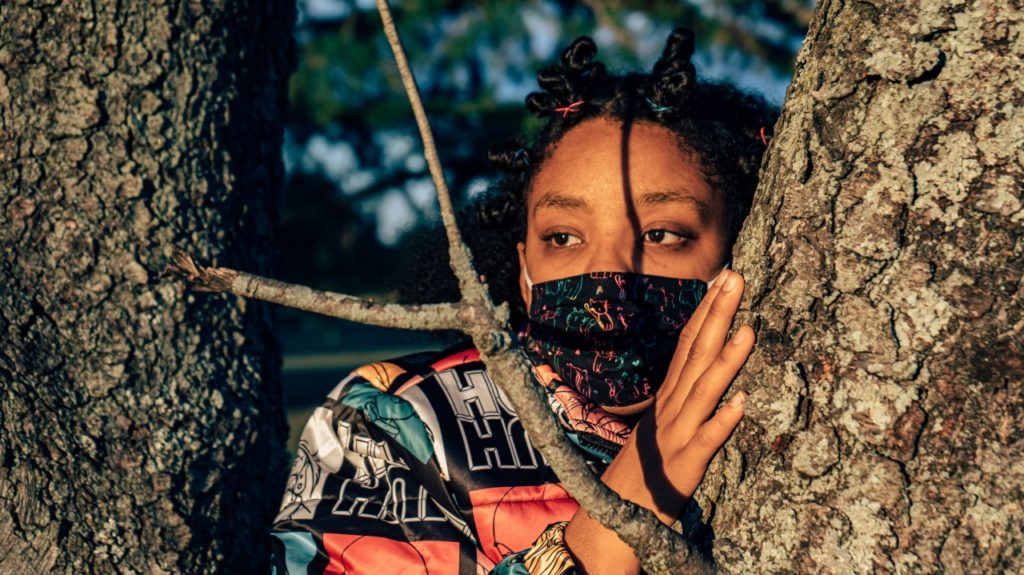Last week I encountered an article in The Atlantic with an ominous title: “The Pandemic Has Erased Entire Categories of Friendship.” That’s not good, I thought. I don’t like the idea of anything positive being erased, let alone friendships.
The premise of the article was that during the coronavirus pandemic, we have lost what sociologists refer to as “weak ties” or acquaintances. The author put it like this:
During the past year, it’s often felt like the pandemic has come for all but the closest of my close ties. There are people on the outer periphery of my life for whom the concept of “keeping up” makes little sense, but there are also lots of friends and acquaintances—people I could theoretically hang out with outdoors or see on videochat, but with whom those tools just don’t feel right. In my life, this perception seems to be largely mutual—I am not turning down invites from these folks for Zoom catch-ups and walks in the park. Instead, our affection for each other is in a period of suspended animation, alongside indoor dining and international travel.
While many of us maintained and even beefed up our relationships with family members and close friends during quarantine, we let fade some of those friendly connections with folks at the gym, in the coffee shop or waiting in line at the supermarket. For example, beginning last March, I quit going to the coffee shop where I’d spent five hours writing and editing every Tuesday for the past two years. The baristas there knew my name and I knew theirs. When I did set foot back inside the shop for the first time late last year, I didn’t recognize any of the employees. Those connections, which had been so meaningful to me as I labored through multiple book projects and articles, are simply … gone.
Missing persons
With all the emotional energy involved in learning to survive and cope in a new reality, I didn’t even think about these relationships slipping away. But these casual interactions, psychologists say, make us feel like part of a community or something bigger than ourselves. In the fall of 2019, I wrote about how research reveals that talking to strangers makes us happier:
The researchers discovered that coffee shops weren’t the only place these interactions bolstered happiness. Anywhere random interactions occurred — even eye contact and a smile — people left feeling happier and more fulfilled.
As I think more about it, this lines up with my experiences both when I was single and now. I’ll often report back to my husband, Kevin, about a fun conversation I had with a cashier or someone in line at the store. And when I was single, I think I depended on these social touchpoints more than I knew to feel value and belonging.
During the pandemic, many of these touchpoints fell to the wayside. I rarely talk to anyone but the cashier in the supermarket. And the atmosphere is eerily silent at a doctor’s appointment where we’re spaced multiple chairs apart. I am thankful that my church was able to meet in an outdoor capacity starting last summer. Though we wear masks, I’ve been able to interact with acquaintances and people I’ve just met. I’m already seeing how easily these “weak ties” rebound.
A walk in the park
Last Saturday morning I was on my weekly walk with a few friends. We strode briskly along the bike path, chatting and laughing. These are my close ties. We passed people walking dogs, riding bikes and running. Almost everyone said “hello” or “good morning.” As we crossed paths with a smiling runner with a long, swinging ponytail, she called out, “You ladies are so pretty.” I carried that surprise compliment with me for hours and thought about the good feeling it evoked … like I belonged, was seen and was a valuable part of the bike path community that morning. The runner’s words affected me differently than if a close friend had said the same thing.
In the end, the article offers hope, predicting a resurgence of peripheral relationships as the more serious effects of the pandemic begin to wane. I share the same hope. We are hungry for these connections. We have not forgotten how to smile or make a joke or pay a compliment. A category of friendship may have been temporarily erased, but I think we are ready and eager to rewrite it.
Copyright 2021 Suzanne Hadley Gosselin. All rights reserved.












